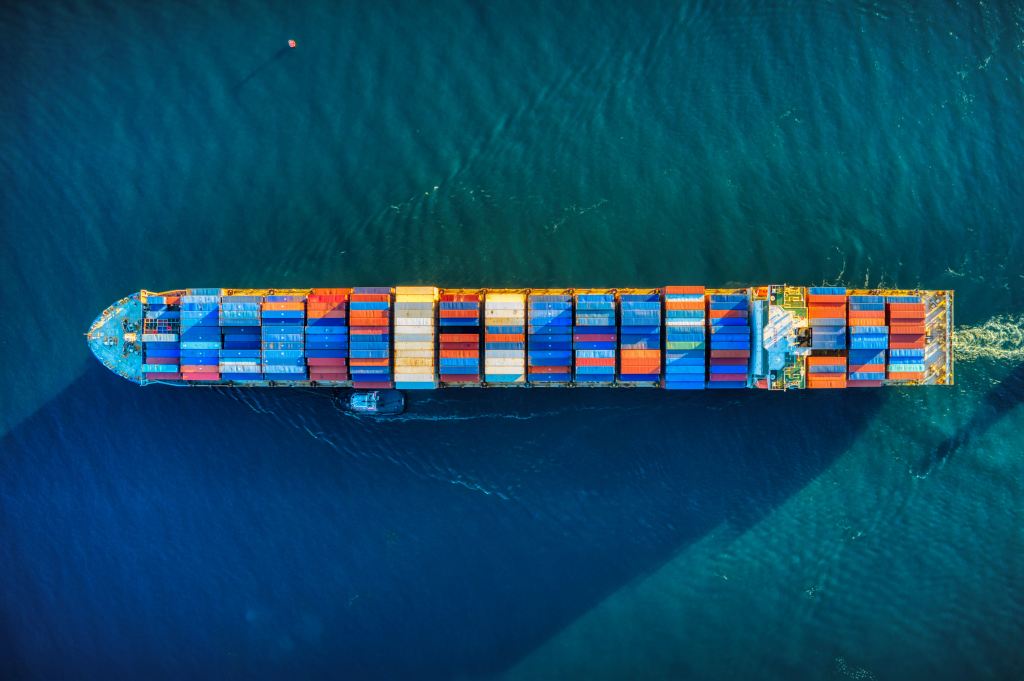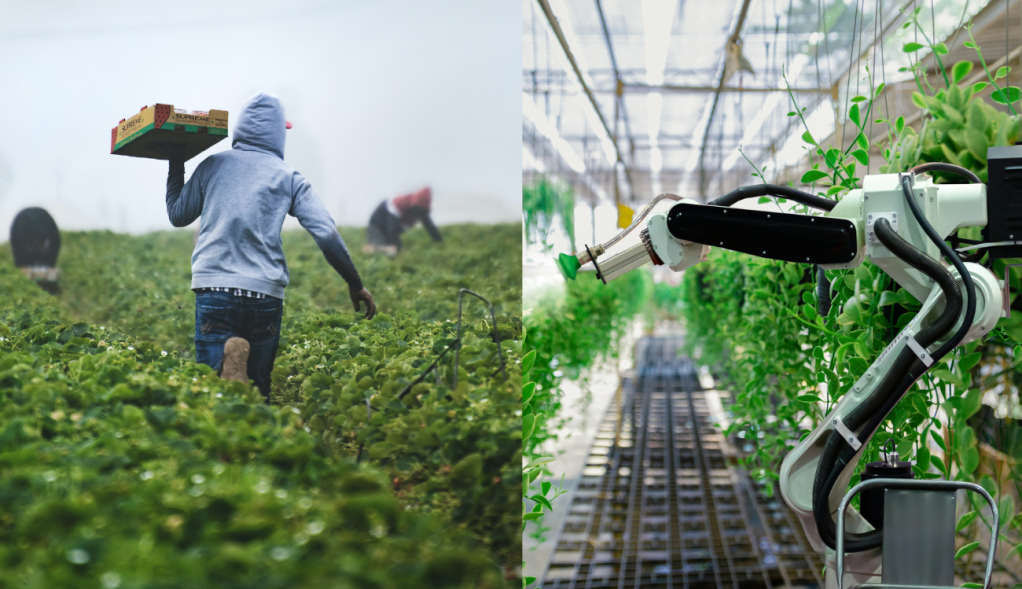The German elections on 24 September 2017 have reshuffled the balance of power among parliamentary factions. To form a new government, complex coalition talks will be held in the coming months. John Ryan, Fellow at LSE Ideas, reflects on the impact these will have on Germany’s stance in the Brexit negotiations.
The result of the German election means that there will be coalition talks between Chancellor Angela Merkel’s Christian Democrats CDU/CSU and the Free Democratic (FDP) and the Green party. Those talks are likely to last until December 2017. This means that Germany may have a new coalition government in January 2018. This makes the political climate in which any Brexit negotiations are taking place more uncertain.
FDP leader Christian Lindner has warned against punishing the UK during Brexit negotiations. Germany has ‘an interest in a strong and economically prosperous Great Britain,’ he said in June, adding that a weakened UK would also leave Europe worse off. Michael Theurer, currently an MEP but poised to move into the German parliament as the FDP’s economics chief, even proposed the creation of a special ‘Brexit Cabinet’ to better safeguard German economic interests with Britain during the Brexit negotiations. Describing his own party as ‘very British-minded’ and ‘in favour of free trade and market economics’, Theurer stressed the need for a strong Britain as a partner for both the EU and NATO.
Having the FDP in the German government would also mean a stronger voice in the Brexit negotiations for German industry, the sector that has most to lose from a punitive Brexit deal. While the FDP would have to compromise as junior partner in such a coalition, its Brexit-proposals could find favour with the CDU’s own business-friendly wing (and particularly the Bavarian CSU).
For now, though, Merkel, EU governments and institutions are almost bemused by the lack of preparation shown by the government of Theresa May. The UK and the EU appear to still be in two completely different worlds: the UK only wants to talk about trade deals; the EU about divorce bills, citizens’ rights and the Northern Ireland border. The slower the progress, the tenser the negotiations are going to be. The UK has been accused of being unprepared and not knowing what it wants, the EU of inflexibility and blackmail.
Cooler heads in London and Berlin do not want a ‘hard’ Brexit which looks like the more likely outcome. Given the confusion and disagreements about what a final post-Brexit deal with the EU might look like, there has been an increased focus on a potential transitional arrangement. Merkel will want to address these problems once a new coalition government is formed. She will want to provide breathing space for the UK and avoid a damaging Brexit for Germany and the EU. It is essential for the UK and the EU that there is minimal disruption to banking and financial services.
Prime Minister May continues to repeat her Brexit mantras. She tries to project the image of getting on with the job, working to get a good deal, always talking as if the outcome is certain. But it is not certain at all. May’s speech in Florence on 22 September has been welcomed as a small step in the right direction. The lack of detail is persistent though in areas such as citizens’ rights and especially Northern Ireland. May remains an optimist on Brexit, but close observers think even she makes the fatal mistake that sank David Cameron, of thinking all this can ultimately be sorted between politicians.
Hard-line Brexiters may be celebrating the sharp increase in support for the right wing Alternative für Deutschland (AfD) party which has achieved 12.6% and 94 seats in the Bundestag in a vote against the influx of refugees and other immigrants since 2015. The AfD is now the third largest party in the German parliament. Nigel Farage was one of those who supported their campaign. But pro-British cries from an opposition party that is reviled by everyone else in the German parliament will scarcely help the UK cause.
It is rather likely that this will be Angela Merkel’s last term as Chancellor—a chance for her to guide Europe through Brexit. It is worth remembering that the EU is in Germany’s core national interest, in terms of the economy, politics and security. For most of the German parties, the EU’s cohesion and stability are incredibly important. For German businesses, with supply chains stretching across the EU, the Single Market is also more important than tariff-free access to the UK market.
German elites and the public are on the same page when it comes to the future relationship between the EU and the UK: that the EU should try to maintain a good relationship with the UK but it should not make any compromises on its core principles. There might be a warmer approach to the UK from the FDP but it is unlikely that it will want to spend its bargaining chips in coalition negotiations on Brexit. At the end of the day, the result will not change that much. Merkel understands that the success of the UK and the EU are interlinked, both politically and economically. Her pragmatism will prevail.
With all this in mind, the UK government should not rely too much on being able to gain support for its demands from the new German coalition government. Merkel’s political interest in keeping the EU-27 together outweighs any interest the German car industry or any other industry has in the British market. After a poor election result, she will have other issues that will be a priority over the next twelve weeks.
Professor John Ryan is a Fellow (International Strategy and Diplomacy) at LSE Ideas, the LSE’s foreign policy think tank.
Note: The views expressed in this post are those of the author, and not of the UCL European Institute, nor of UCL.
Photo by Angelo Abear on Unsplash





Leave a comment